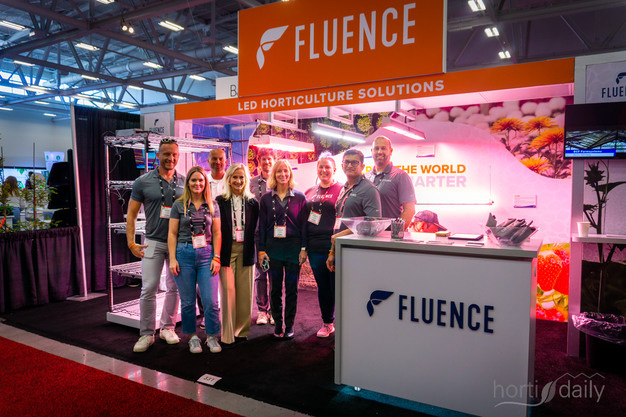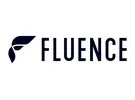Ingress Protection (IP) is a critical aspect of a properly designed product for the specified applications. It is a standardized way of classifying devices for what they can withstand with respect to dirt and water. The first digit represents objects or solids, the second digit represents liquids. See this page for a detailed breakdown of the digit classification.
 Fluence team at the CGC 2023
Fluence team at the CGC 2023
"A question we frequently get asked at Fluence is about the IP Rating (or Ingress Protection Rating) of a fixture. There is a lot of misconception and confusion associated with the ratings and a general assumption that the higher the rating, the better, but this is not always true. A higher rating or numerical value does not mean the rating is better, but rather that the fixture is designed for different applications or environments", says Justin Walker, director of engineering at Fluence.
"For example, you can put shrink wrap on a paper cup and get it to pass an IP67 rating. But take that exact same cup and attempt to do IP66 testing on it, and you will end up with a catastrophic failure and most likely confetti!"
A lighting fixture rated at IP67 is dustproof and able to withstand being submerged up to 1 meter underwater. A lighting fixture rated at IP66 is dustproof and able to withstand high-volume, high-pressure water jets, which produce forces that will push their way through gaskets and seals, otherwise referred to as hydraulics. These ratings represent significantly different conditions that the fixture should be able to withstand. The higher number, IP67, does not necessarily indicate a more aggressive capability of the fixture versus IP66, he explains.
"A product that is designed for a horticultural grow environment needs to be able to withstand a wide range of conditions, some of which could be considered extreme. These conditions include humidity, dripping or splashing water, pressure washers, chemicals, dust, and dirt. An improperly designed product will not hold up or endure the conditions if it is not engineered to handle the environmental conditions in which it will be used. As a rule of thumb, any fixture rated lower than IP65 would likely not survive very long in a commercial grow environment."
"When designing a product, you must consider what the design or application requirements will be in the environment(s) it will be used in," he adds. "Once it has been determined what ratings are needed, determining how to achieve that rating is very critical when starting the design process. There are many ways to achieve IP-rated products, and determining what materials or methods are selected can have a profound impact on your design in multiple ways, such as cost and performance. Whether you choose to use gaskets, sealants, RTVs, coatings, or encapsulants, all have benefits and tradeoffs while achieving the same or similar results in IP ratings."
From a grower's perspective, it is important to assess the environment where the fixtures will be installed. "Have a clear understanding of the cleaning process, humidity, temperatures, and other environmental conditions. These data points will help lead the grower to the right rating they are seeking on a lighting fixture. Based on our experience working with customers in a multitude of growing environments over the years, we believe growers should strongly consider selecting LED lights that are rated at IP66 or higher for their facility. LED lights rated at IP66 or higher will offer growers the best possible protection in commercial environments. It is also critical to follow the manufacturer cleaning recommendations, which always supersede IP ratings since chemical compatibility and other criteria are not part of the IP rating scheme."
"At Fluence, our horticultural specialists can be excellent resources for helping to assess a greenhouse or indoor facility and can offer advice on the right type of fixture to use for that environment. A little bit of research and investigation upfront will lead you to the right rating, the right fixture, and successful growth in the long run."
For more information:
Fluence Bioengineering
4129 Commercial Center Drive
Suite 450, Austin, TX 78744
Tel.: 512-212-4544
[email protected]
www.fluence.science










